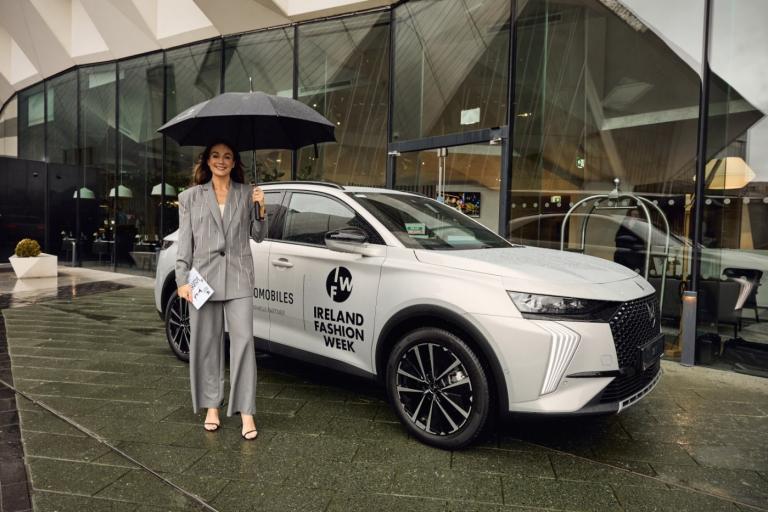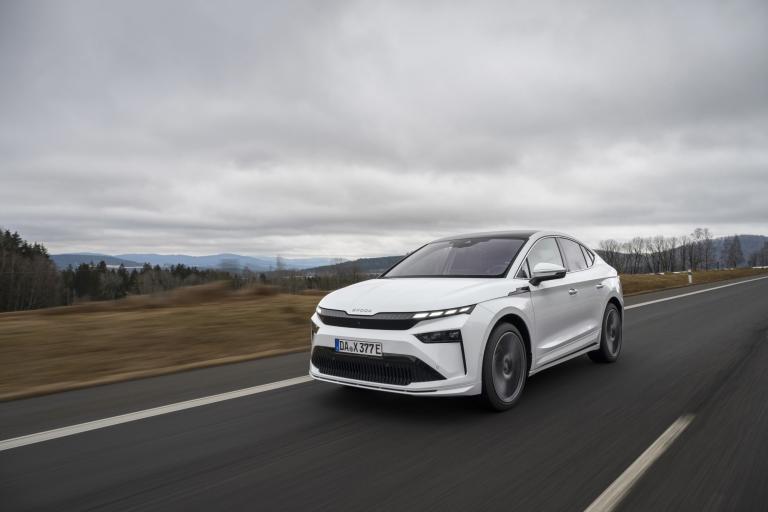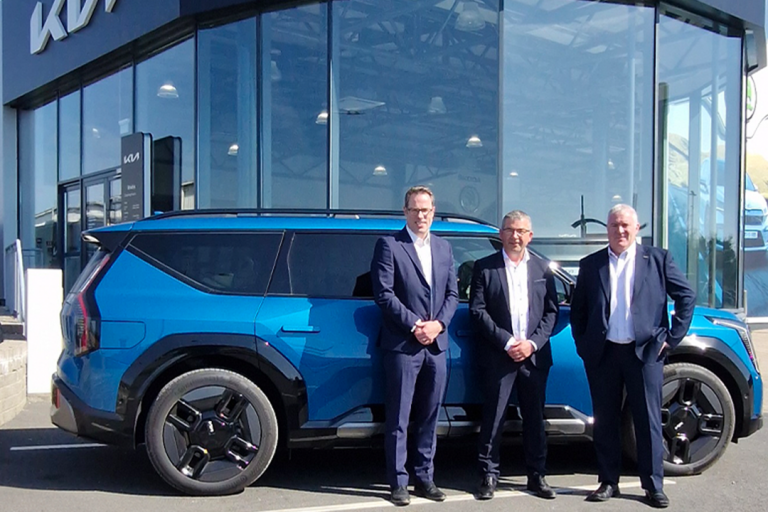Irish ‘leading the charge’ in push for electric vehicles
Published on 25 July, 2021
Overview
Ireland is in first place in Europe in providing charging points in service stations for electric vehicles (EVs).
A survey of 19 European countries showed Ireland has the highest proportion of filling station forecourts with EV charging points – 7.46pc of the country’s filling stations have charging points installed.
Denmark is in second on 5.37pc. The figure for the United Kingdom is 1.76pc, while Germany is at 1.04pc.
The figures were published in a new report entitled Leading The Charge,which was commissioned by the Fuels for Ireland group. The group represents forecourt operators and companies involved in the importing, distributing and marketing of petroleum products and low-carbon liquid fuels.
The report states the Government can take action to remove barriers to investment in electric vehicle charging points in service stations. At present, 134 out of a total of 1,797 service stations in Ireland have ‘EV’ charging points.
The Government will need to undertake a number of initiatives if its electric vehicle targets are to be reached by 2030.
There are currently 14,000 fully electric vehicles on Irish roads and the Government target is to have 936,000 on the road within nine years.
Barriers to the purchase of electric vehicles include the high purchase price and ‘range anxiety’, where EV owners fear they may not be able to charge their vehicle in a timely manner when they go on long trips.
The group said new super-fast charging points are expensive to install in service stations — up to €100,000 each — but there are currently no State incentives for such investment.
Some businesses have experienced long delays in getting access to local ESB networks. If local grids need to be upgraded, the cost is placed on the shoulders of the service stations.
“Our members have invested significant amounts of time and money. If we get the necessary support we can greatly expand on this significantly in the coming years,” Kevin McPartlan, the chief executive of Fuels for Ireland, said.
Kevin Dowling, spokesperson for the Irish EV Owners Association, said there were growing concerns about “the inadequate public EV charging infrastructure currently in place”.
“Prospective EV drivers will be more hesitant to make the switch from their petrol/diesel vehicle if they are not comfortable that they can charge at any forecourt, akin to how they fill their cars today,” he said.
“This is especially true of folks who do not have the ability to charge at home.”
Latest Reviews

DS Automobiles Named Official Vehicle Partner for Ireland Fashion Week

Škoda Enyaq Updated for 2025 with More Range, Style, and Tech

Bradys Cavan Appointed as Newest Kia Dealership in Ireland